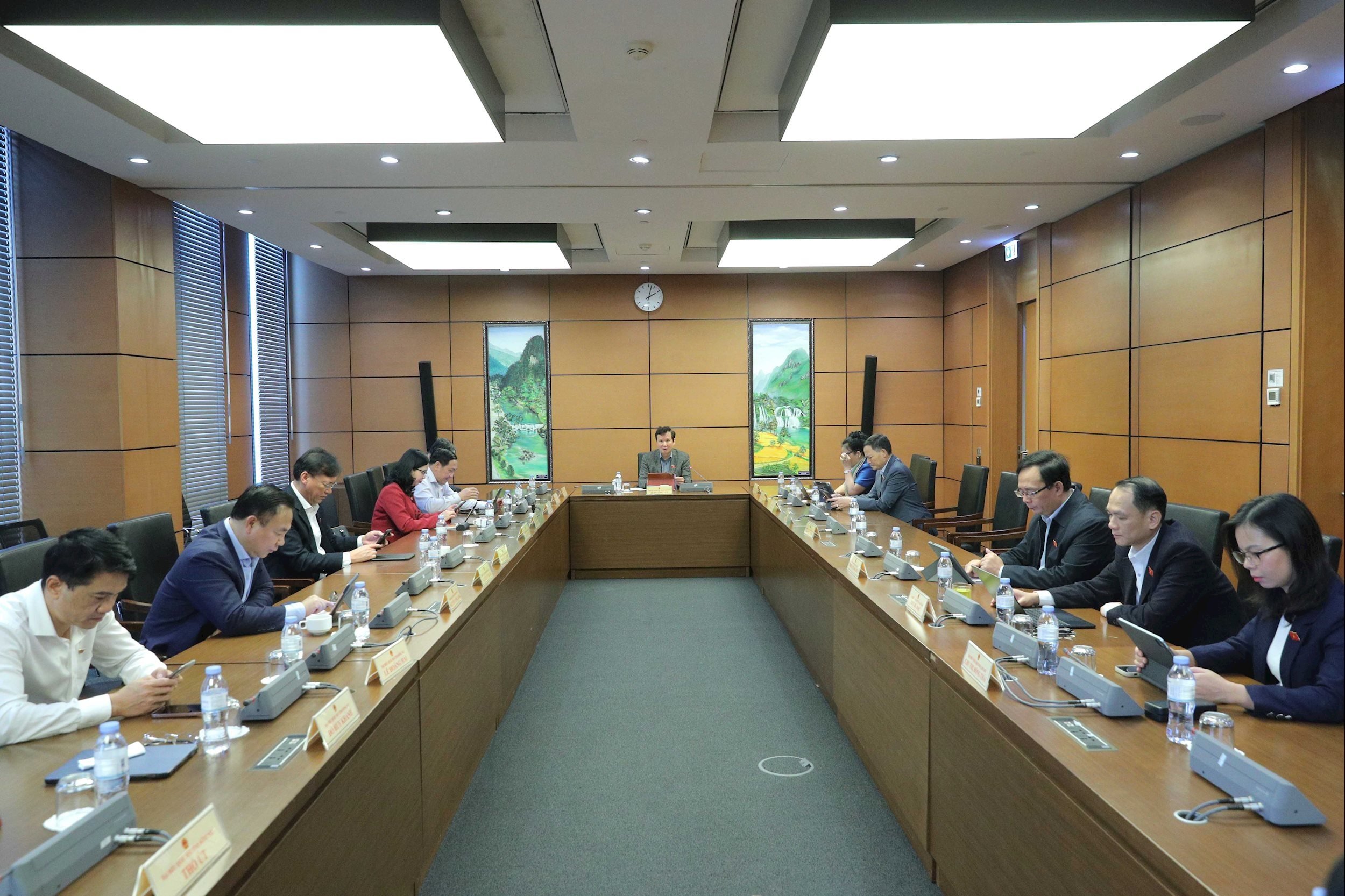
Scene of Group 6 meeting on the afternoon of November 3. Photo: Ho Long
National statistics must have absolute professional independence.
Commenting on the project to amend and supplement a number of articles of the Law on Statistics, National Assembly Deputy Nguyen Thi Suu ( Hue City) highly appreciated the fact that the Law project has added important contents such as "National statistical database" (in line with the trend of Big Data, Open Data), making digital transformation a pillar (Chapter V), and updating the concept and authority to reflect the reality of multiple data sources. However, the delegate also pointed out issues that need to be carefully reviewed.
Specifically, in Article 3 on the interpretation of terms, the delegate said that the addition of content on the assessment of the quality of statistical information is consistent with international standards (IMF DQAF, UN SDG). However, the concept of "statistical database" needs to be standardized according to the Data Law 2025 to avoid overlapping with "national database". Accordingly, the delegate proposed: In Clause 5, replace the phrase "other purposes as prescribed by law" with "purposes of state management and community service as prescribed by law", to avoid over-expansion of the right to use statistical data.
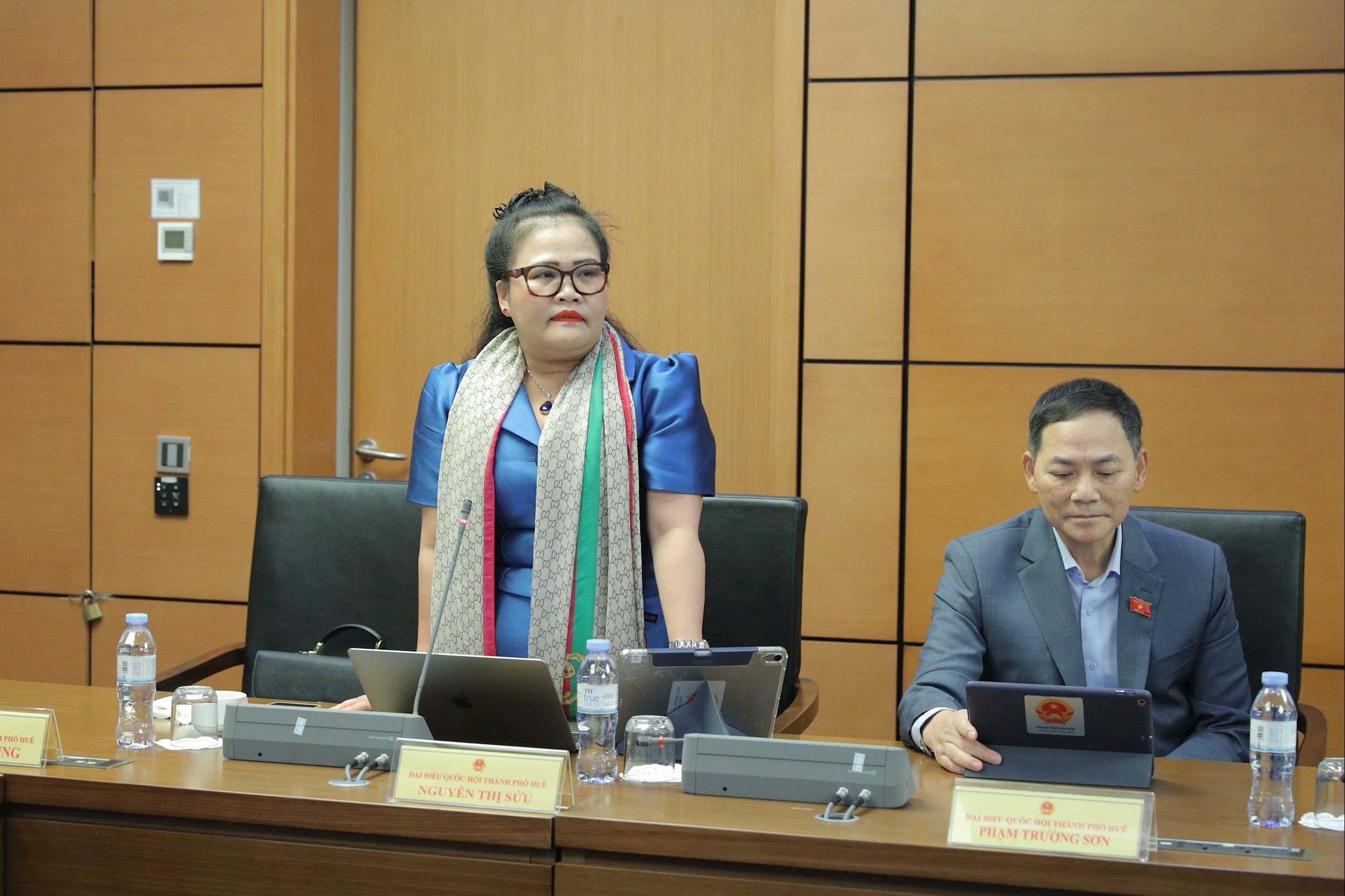
National Assembly Delegate Nguyen Thi Suu (Hue City) speaks. Photo: Ho Long
Regarding the replacement of specialized inspection by specialized inspection (Article 8), the delegate also said that the concept of "specialized statistical inspection" should be removed and replaced with "specialized inspection". This is a major change that could reduce the enforcement effectiveness in handling statistical violations, because "inspection" does not have the authority to impose administrative sanctions like "inspection". Therefore, it is proposed to add the provision: "The specialized statistical inspection agency has the right to draw up a record of administrative violations and recommend the competent authority to impose sanctions".
Regarding the enhancement of digital transformation and national statistical database (Articles 51, 51b, 53), this is the first time that "National statistical database" and "digital transformation in statistics" are regulated; data sources are expanded from "administrative data, specialized data, other legal data". However, there is a lack of specific regulations on statistical data standards and the mechanism for sharing between the Ministry of Finance - Ministries - localities. Therefore, delegates proposed to add a provision stating: "National statistical database must comply with national open data standards and technical regulations issued by the Ministry of Science and Technology"...
Regarding the Central Statistical Agency (Article 62), delegate Nguyen Thi Suu also said that after merging the Ministry of Planning and Investment and the Ministry of Finance, the central statistical agency needs to be guaranteed professional independence. The delegate said that national statistics must have absolute professional independence. Accordingly, the following paragraph should be added to Clause 3: "The central statistical agency operates independently in terms of professional expertise and statistical operations, ensuring the objectivity, transparency and honesty of national statistical information".
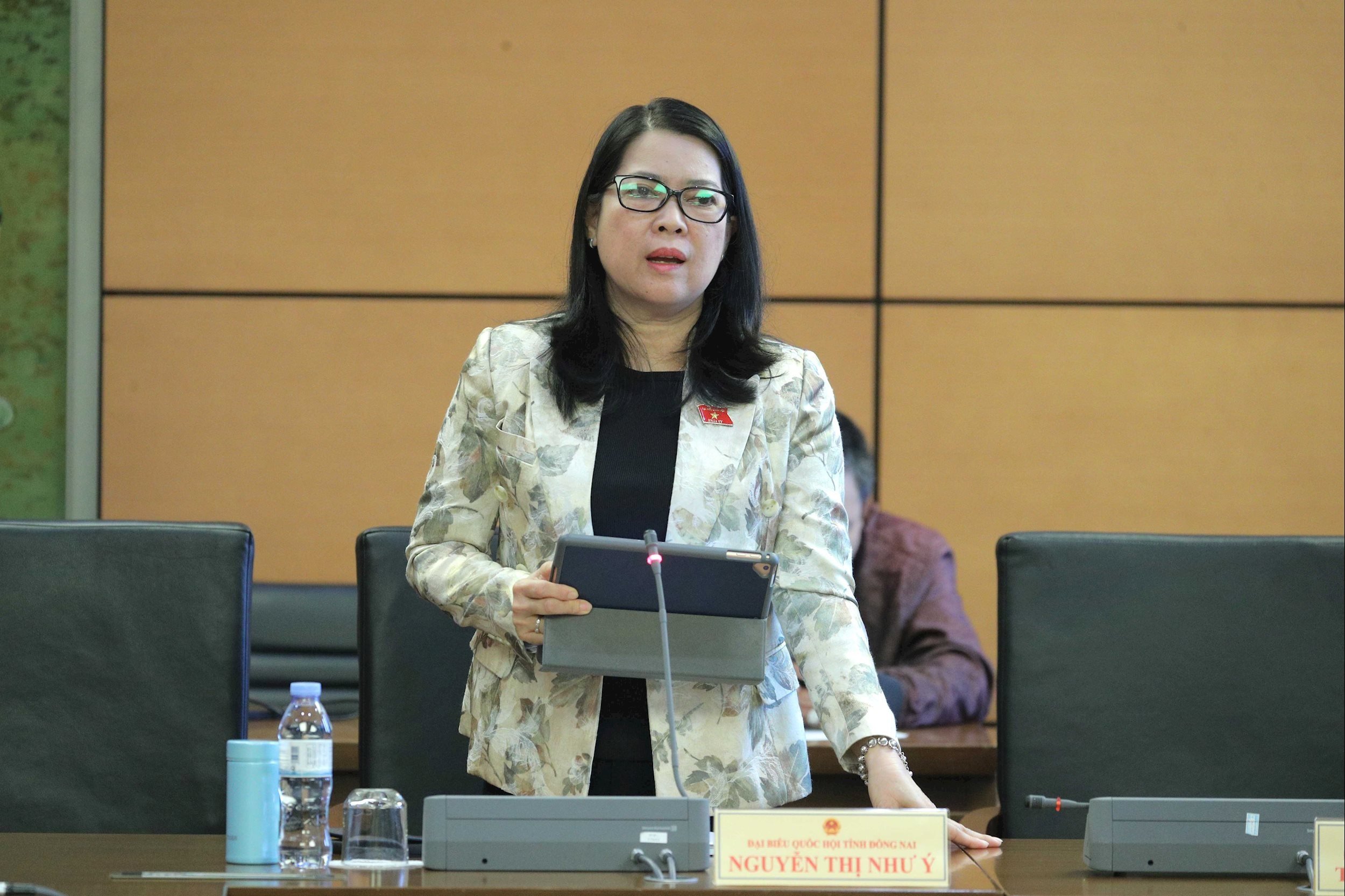
National Assembly Delegate Nguyen Thi Nhu Y (Dong Nai) speaks. Photo: Ho Long
Agreeing with the above opinion, National Assembly Delegate Dieu Huynh Sang (Dong Nai) and National Assembly Delegate Nguyen Thi Nhu Y (Dong Nai) emphasized the need to clarify the data security mechanism, clarify the statistical figures of financial reports, and especially clearly define the relationship between the central statistical management agency and the national data center under the Ministry of Public Security to avoid overlap. Delegate Nguyen Thi Nhu Y also proposed to review the centralized statistical organization regime and clearly define the functions of the grassroots statistical agency to simplify reporting.
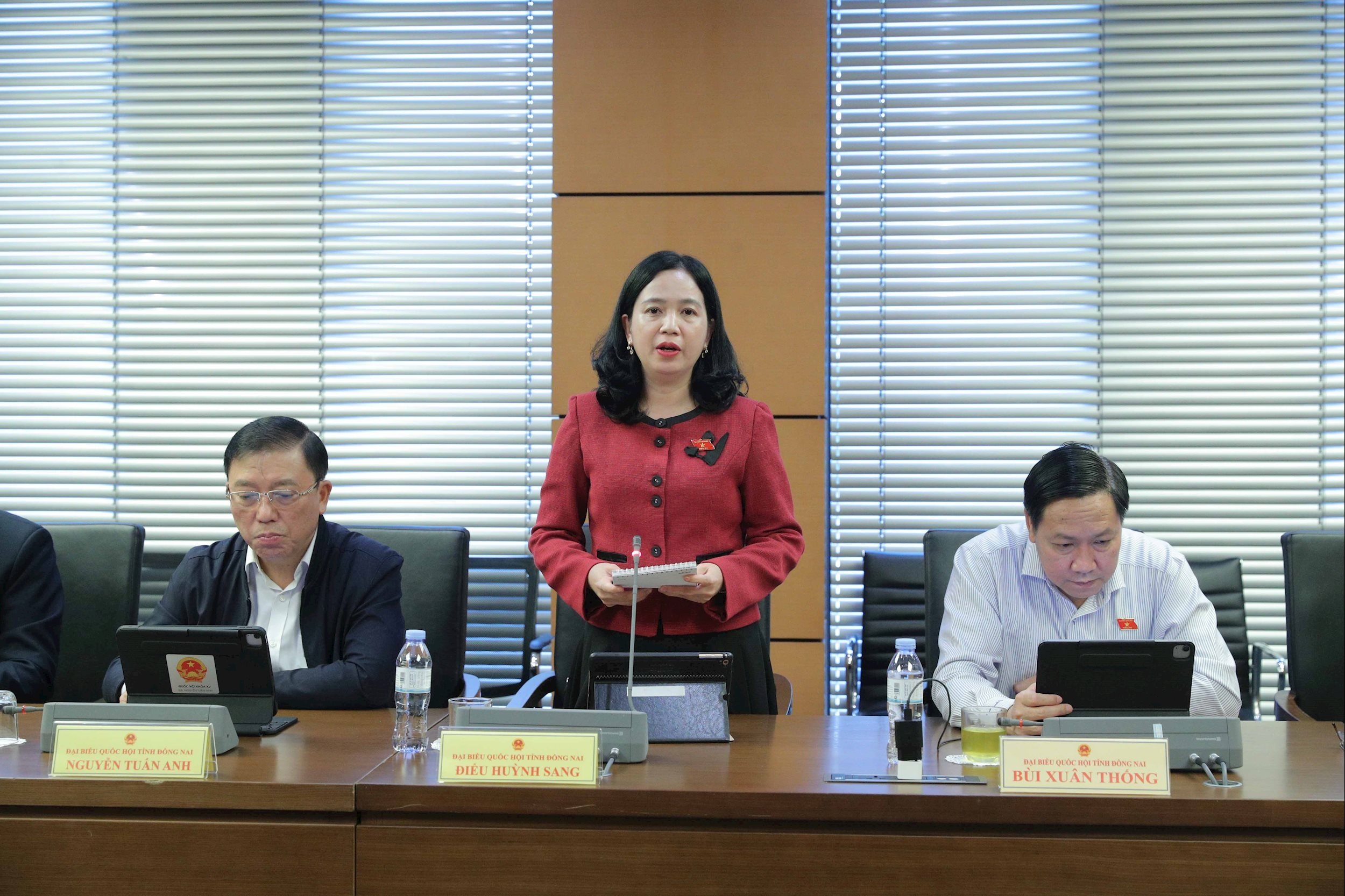
National Assembly Delegate Dieu Huynh Sang (Dong Nai) speaks. Photo: Ho Long
Need for inter-sectoral coordination and comprehensive support mechanisms
Commenting on the draft Law on E-commerce, delegates expressed their hope that when the Law is promulgated and implemented, it will become an important legal tool to effectively prevent and stop acts of commercial fraud, trading in counterfeit goods and goods of unknown origin in the digital environment; ensuring transparency of information, tracing the origin of goods, and protecting the legitimate rights of consumers. However, commenting on a number of specific articles and clauses, delegates said that the Drafting Committee needs to carefully review to ensure consistency and avoid overlapping with other Laws.
National Assembly Deputy Chu Thi Hong Thai (Lang Son) pointed out: Article 7 of the new Draft Law stipulates principles on state management of e-commerce, focusing on the responsibilities of management agencies and management content, but there are no specific provisions on inter-sectoral coordination mechanisms, data sharing and assignment of enforcement focal points. Meanwhile, the characteristics of e-commerce activities are cross-border, digitizing the entire process, closely linked to electronic money flow, goods transportation, tax control and information security.
Clause 2, Article 7 only stipulates in general terms that “The Government unifies state management of e-commerce”, which can easily lead to a situation where everyone does their own thing, separating tax management – customs – police – market management – banking – information and communication. This potentially poses a risk of monitoring loopholes, especially in the acts of linking e-commerce platforms – electronic payments – shipping units – bonded warehouses – virtual bank accounts, creating conditions for tax evasion, smuggling, counterfeiting and money laundering.
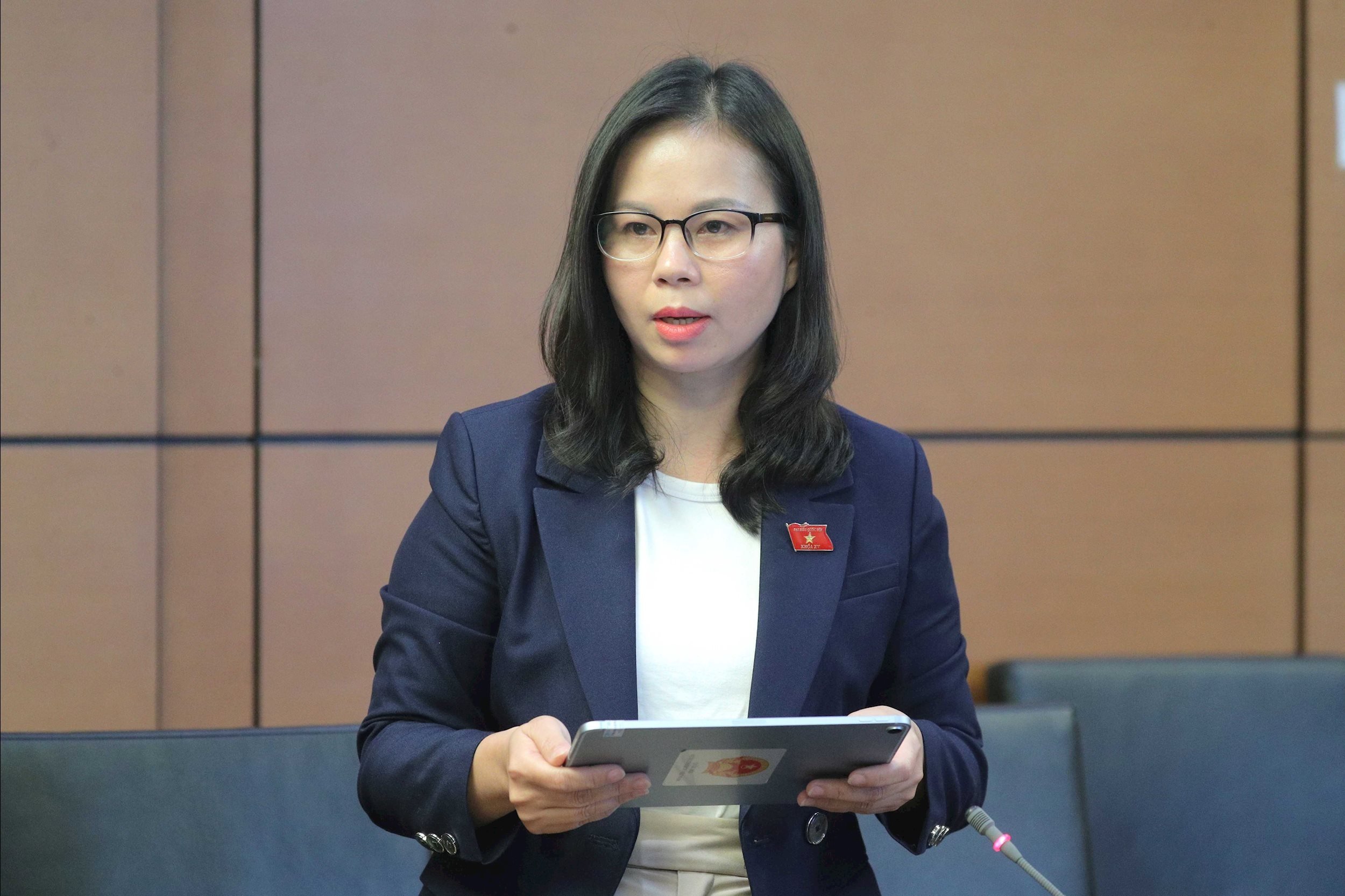
National Assembly Delegate Chu Thi Hong Thai (Lang Son) speaks. Photo: Ho Long
Therefore, delegates proposed that it is necessary to clearly stipulate in Article 7 that the Government issue a mechanism for inter-sectoral coordination, centralized data sharing and identify a focal agency to preside over, ensure the effectiveness of state management, unified operation and timely handling of violations in e-commerce.
Delegate Chu Thi Hong Thai also noted that most small and medium-sized enterprises, business households, and cooperatives – especially in mountainous, border, remote, and isolated areas – still face many barriers when accessing e-commerce, such as limitations in digital skills, online management capacity, payment tools, logistics, and digital communications. Although many local specialty products have the potential to be exported and widely consumed, due to lack of knowledge and conditions to participate in e-commerce platforms, many entities still have to sell through traders at low prices or have difficulty accessing the national market. In addition, digital payment infrastructure, express delivery, and warehousing in border and mountainous areas are still lacking in synchronization, leading to high logistics costs, reducing the competitiveness of local goods.
Therefore, if the draft Law only stipulates obligations without specific support policies, it will be difficult to ensure the goal of developing e-commerce in an inclusive, fair and not leaving anyone behind. Therefore, delegates proposed to supplement the provisions in Article 7 in the direction: "The State has policies to support small and medium-sized enterprises, business households, cooperatives, economic organizations in mountainous, border, island and particularly difficult areas to participate in e-commerce; support digital skills training, build payment infrastructure, logistics and digital marketing". This provision will create conditions for disadvantaged entities to seize opportunities from e-commerce, increase income, promote the potential of regional goods, and at the same time promote comprehensive and sustainable digital economic development.
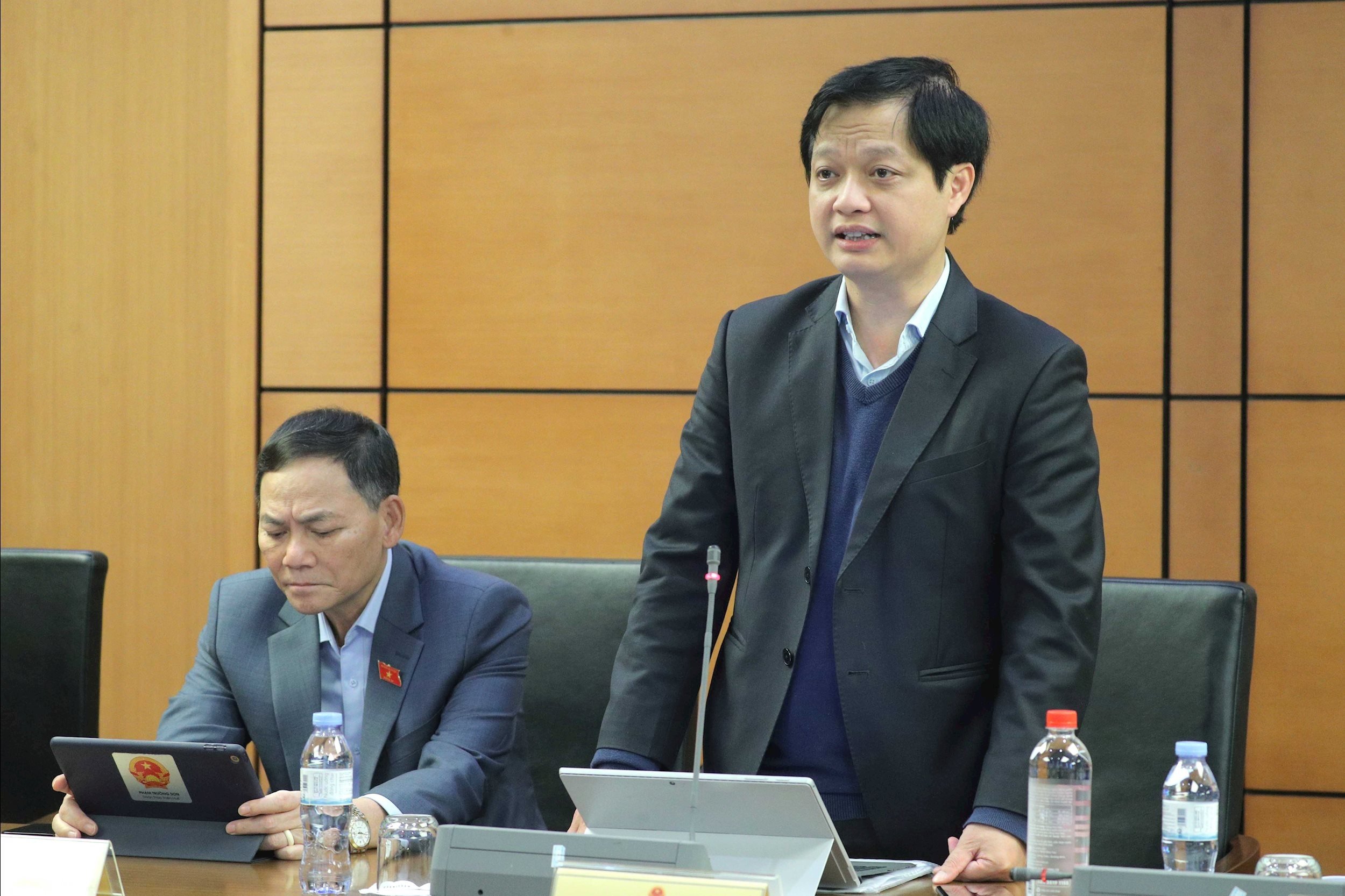
National Assembly Delegate Nguyen Hai Nam (Hue City) speaks. Photo: Ho Long
Regarding the operation of e-commerce platforms using algorithms, some delegates also pointed out: although Clause 4, Article 6 prohibits the use of algorithms to limit or prioritize the display of goods, Article 15 on platform responsibilities has not yet stipulated the obligation to publicly disclose ranking criteria or a mechanism to explain complaints related to recommendation algorithms. Practice shows that algorithms can prioritize products associated with the platform or amplify fake reviews, leading to manipulation of consumer behavior.
Therefore, it is proposed to add to Article 15 a requirement: e-commerce platforms using algorithms to suggest, rank, and distribute the display of content, products, and services must publish the main criteria of the algorithm; ensure the right of users to choose non-algorithm-based display modes and must not use algorithms to manipulate consumer behavior or engage in unfair competition.
Source: https://daibieunhandan.vn/can-chuan-hoa-du-lieu-thong-ke-va-thiet-lap-co-che-quan-ly-thuong-mai-dien-tu-lien-nganh-10394183.html







![[Photo] Closing of the 14th Conference of the 13th Party Central Committee](https://vphoto.vietnam.vn/thumb/1200x675/vietnam/resource/IMAGE/2025/11/06/1762404919012_a1-bnd-5975-5183-jpg.webp)






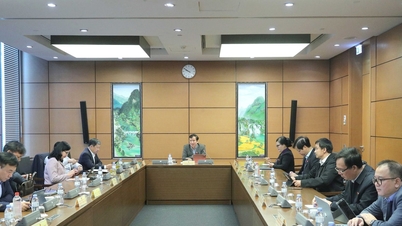
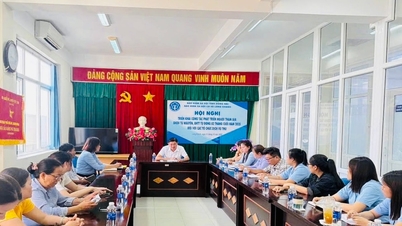

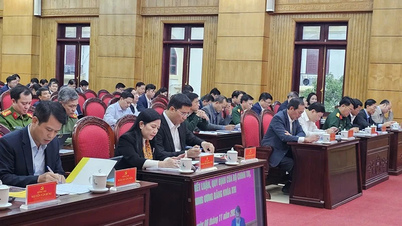

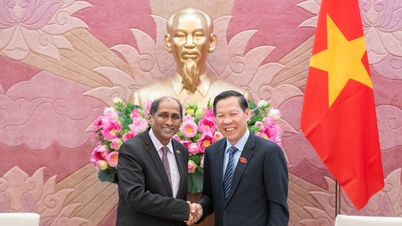
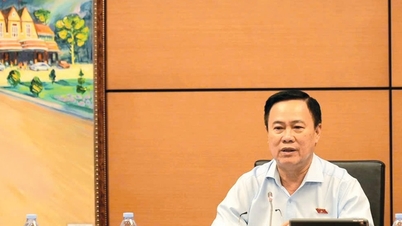
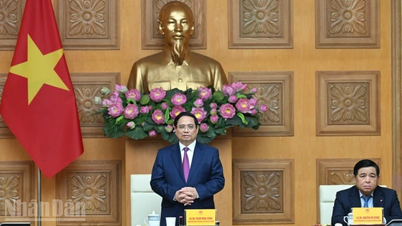
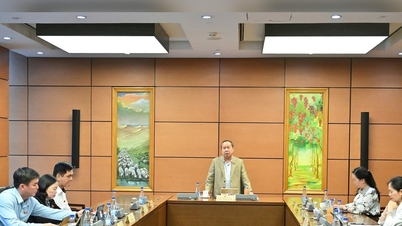






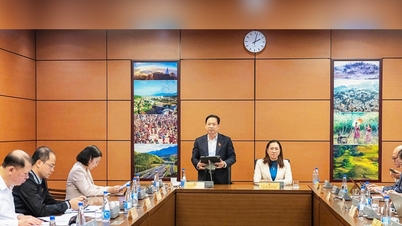
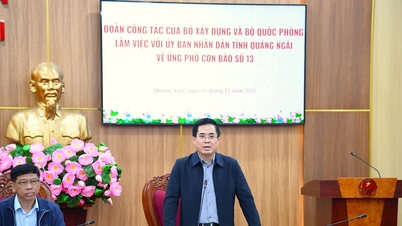
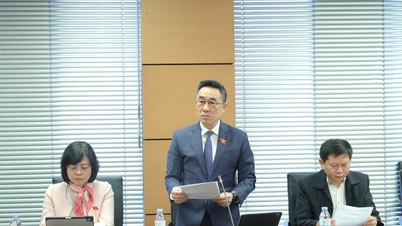
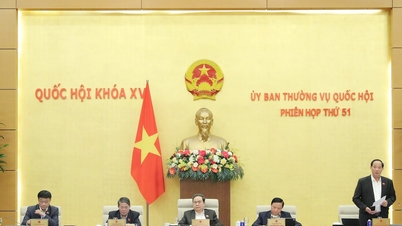
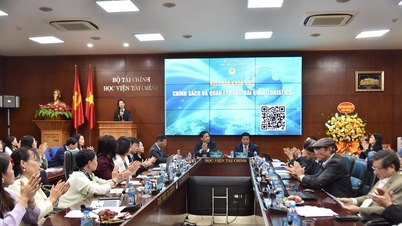
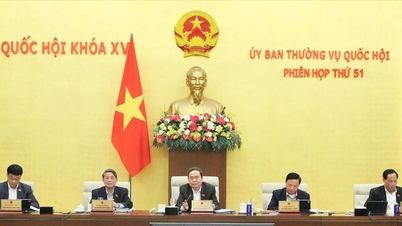





































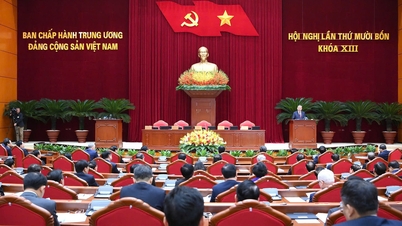



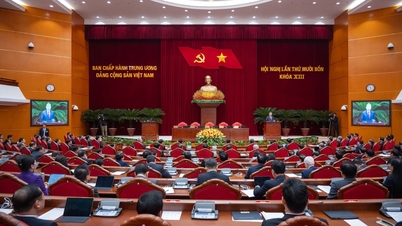









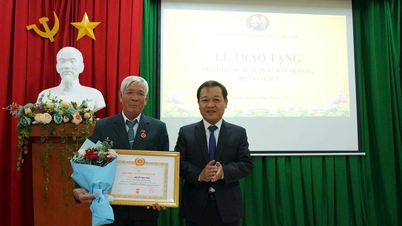

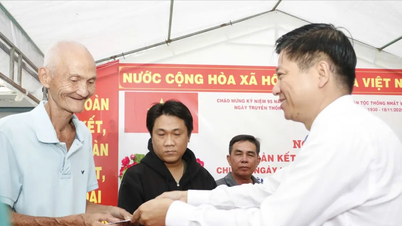

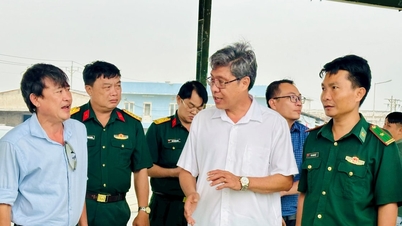
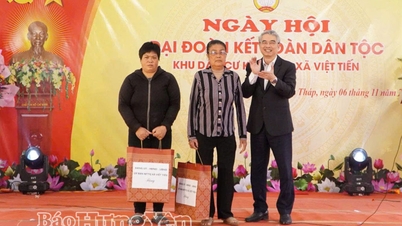


















Comment (0)